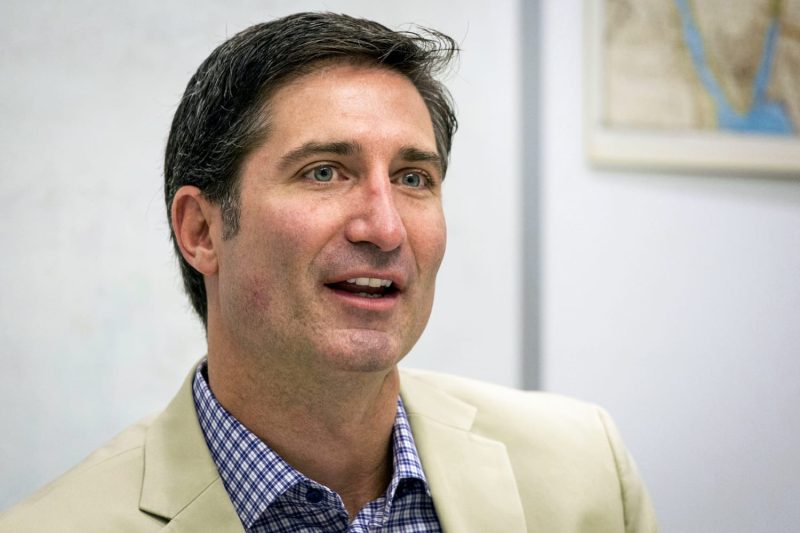The recent news of Starbucks providing incoming CEO Brian Niccol with an impressive compensation package of $85 million in cash and stock as he leaves Chipotle has sparked discussions and debates within the business world. This move by Starbucks reflects the competitive nature of attracting and retaining top talent in the industry, as well as the importance of having strong leadership in place to drive business growth and success.
One key aspect of the compensation package is the combination of cash and stock components. This dual approach serves multiple purposes. Offering a portion of the compensation in cash provides immediate financial benefit to the recipient, while the stock component aligns the CEO’s interests with the long-term performance and success of the company. By tying a significant portion of the compensation to the company’s stock performance, Starbucks is incentivizing Brian Niccol to focus on strategic decisions that will drive shareholder value and ensure the company’s growth and profitability.
The decision to offer such a generous compensation package also raises questions about executive pay and income inequality within corporations. Critics argue that such high compensation for executives can create a significant disparity between the salaries of top executives and the average employee within the company. This wealth gap can lead to issues related to employee morale, motivation, and overall company culture. However, proponents of high executive compensation argue that it is necessary to attract and retain top talent in a competitive business environment.
Moreover, the timing of this announcement is significant, as it comes at a time when Starbucks is facing increasing competition and strategic challenges. The company is looking to Brian Niccol to bring fresh perspectives and strategies to help Starbucks navigate these complexities and drive growth in a rapidly evolving market. The generous compensation package can be seen as a signal of the company’s confidence in Niccol’s abilities and the value that they believe he can bring to the organization.
In conclusion, the decision by Starbucks to offer incoming CEO Brian Niccol an $85 million compensation package reflects the competitive nature of attracting top talent and the importance of strong leadership in driving business success. The blend of cash and stock components in the package aligns the CEO’s interests with the long-term performance of the company. While the announcement has sparked debates about executive pay and income inequality, it also highlights the strategic importance of having the right leadership in place to guide a company through challenges and opportunities in the market.
